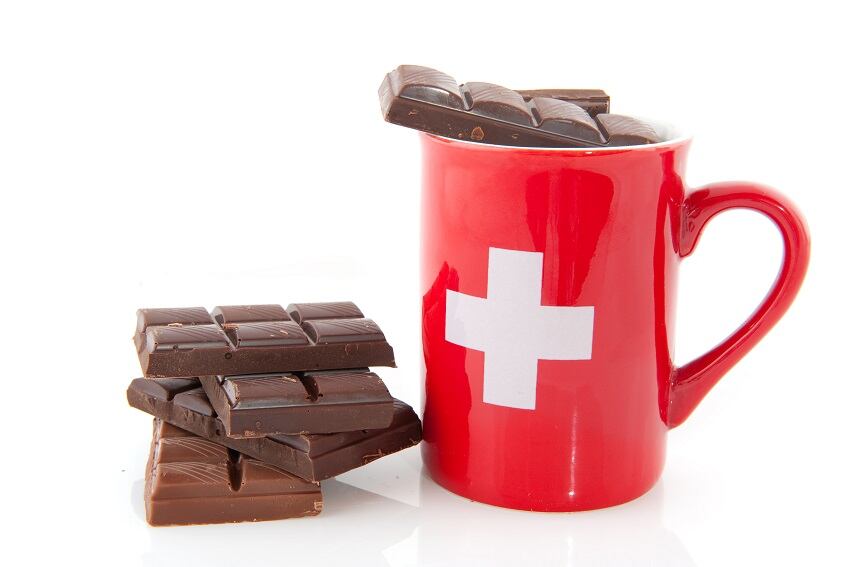Last month 41 players in the Swiss cocoa industry – including Lindt, Nestlé, Ecom and Mondelēz - committed to sourcing at least 80% of cocoa volumes from sustainable sources by 2025 under the platform.
Sustainable cocoa, by its definition is either:

- Produced and certified according to internationally recognized sustainability standards, such as Rainforest Alliance, Sustainable Agriculture Network, UTZ, Organic, Fairtrade and if applicable The European Committee for Standardization (CEN) and the International Organization for Standardization’s (ISO) joint standard for traceable and sustainable cocoa.
- Or, produced according to a procedure comparable to one of the standards above and which has been credibly verified
- Or, originates from another form of procurement that makes a measurable contribution to the UN Sustainable Development Goals (SDGs) and has been credibly verified.
Half of Swiss volumes ‘sustainable’
Christine Mueller, coordinator of the Swiss Platform for Sustainable Cocoa, told ConfectioneryNews: “So far, three criteria have been set in the declaration of intent. The further definition of more specific criteria for sustainable cocoa will be elaborated amongst the members of the platform.”
A study by the Federal Office for Environment (BAFU) in 2015 estimated around 50% of cocoa volumes in the Swiss market was ‘sustainable’ based on the criteria above.
Mueller said the Swiss Platform for Sustainable Cocoa will collect data once a year. It will publish consolidated data only on its website via an annual report.
German definition
The Swiss market is the third Western European country to make a pledge on sustainable cocoa.
In 2010, the Dutch government agreed with industry to ensure all chocolate products produced for the Dutch market would be ‘fully sustainable’ by 2025.
The German Initiative on Sustainable Cocoa (GISCO) – comprising around 70 members including government departments and chocolate players such as Ritter, Barry Callebaut and Mars – previously pledged to source at least 70% of cocoa in cocoa-containing end products produced by members in Germany from sustainable sources by 2020.
At the ISM trade fair in Cologne last week, the German government said 45% of confectionery on the German market in 2017 contained ‘sustainable cocoa’, up from 3% in 2011.
GISCO’s definition of sustainable cocoa is cocoa “produced according to economic, environmental and social requirements”, either through internationally recognized standards such as Rainforest Alliance or Fairtrade, or through sourcing comparable to those standards, which have been verified by an “approved method”.
The Swiss platform has signed a memorandum of understanding with GISCO.
